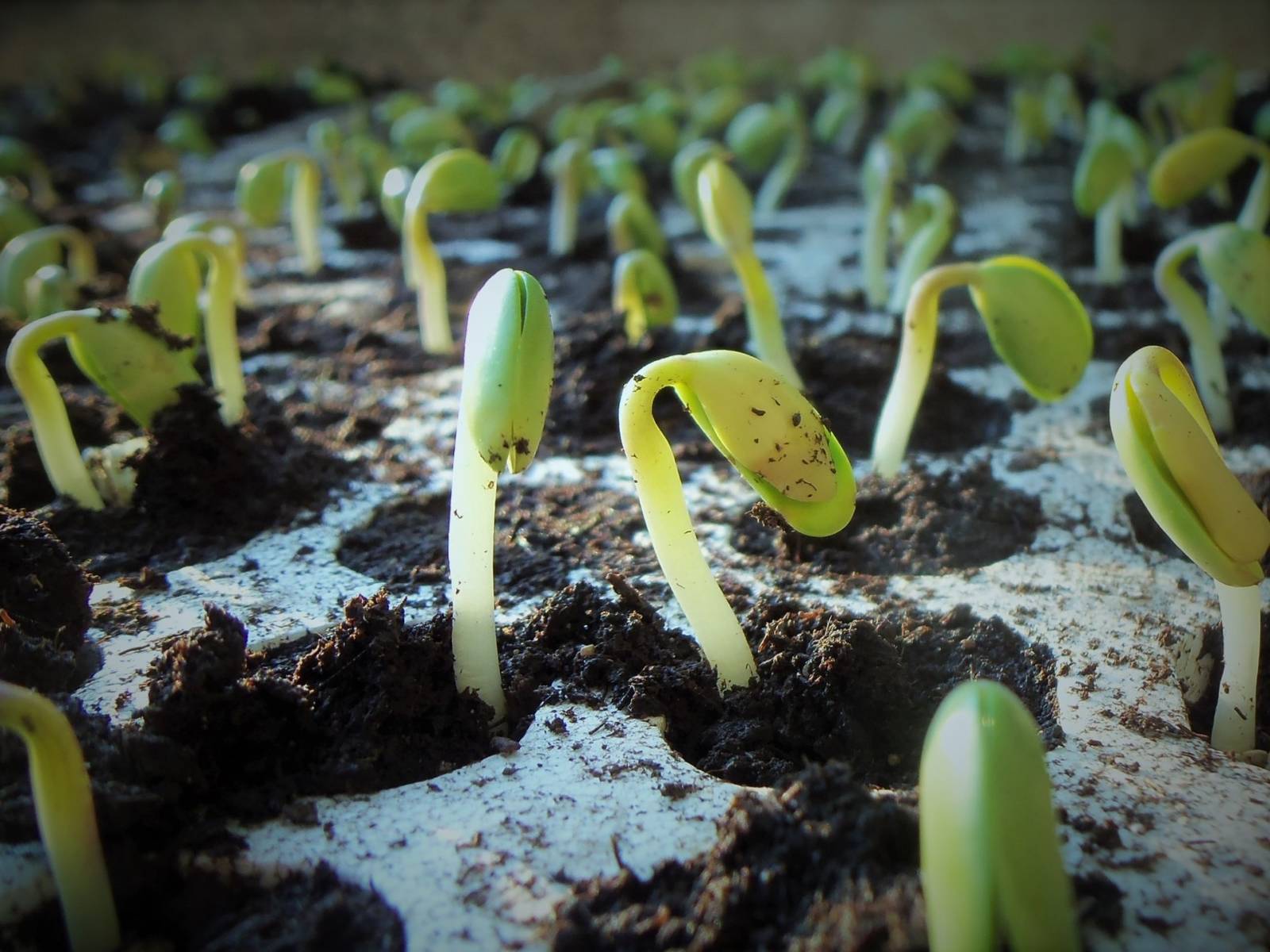U.S. soybean farmers are among the most sustainable in the world, continuously improving production techniques to minimize their impact on natural resources while simultaneously growing more product. This feat is made possible through effective tools and technologies – perhaps none more promising and powerful than genome editing.
The Council for Agricultural Science and Technology (CAST) recently explored the unprecedented control over genetic material that genome editing provides to farmers. The organization has posted a white paper that explains what genome editing is, how the process is performed, what it can do and why it’s superior to traditional methods of genetic modification.
